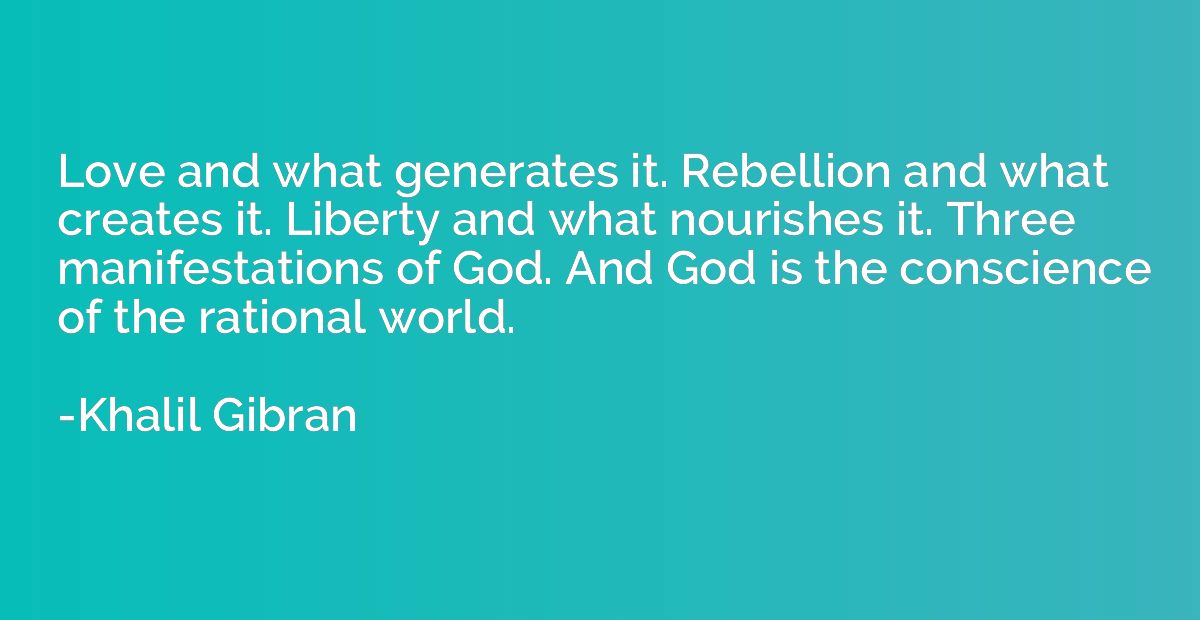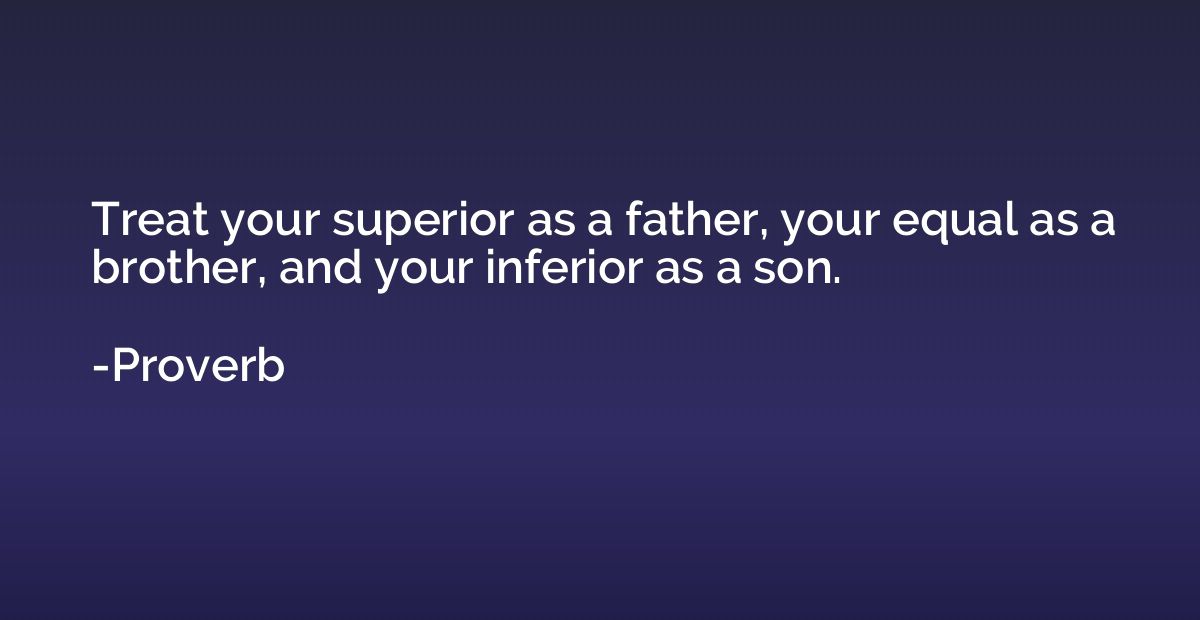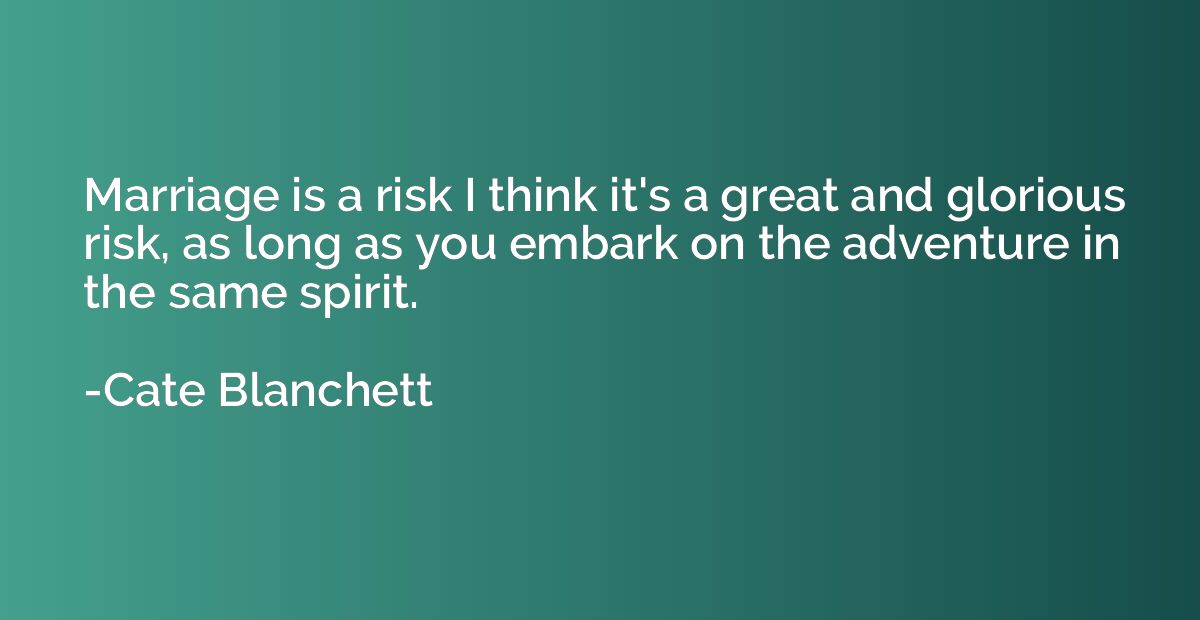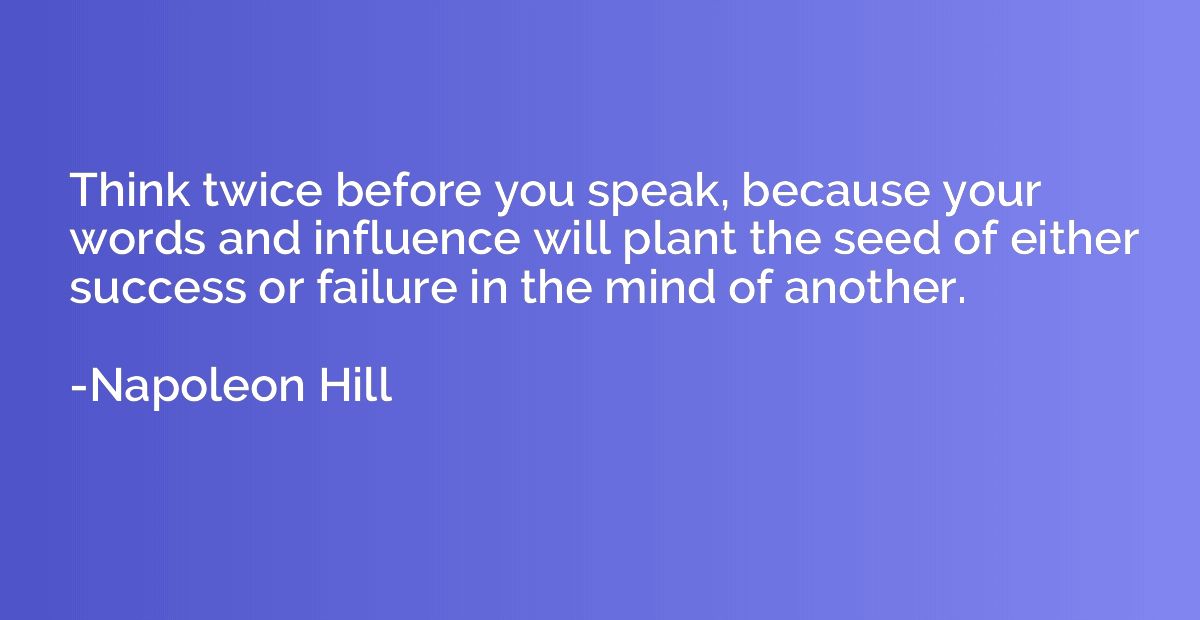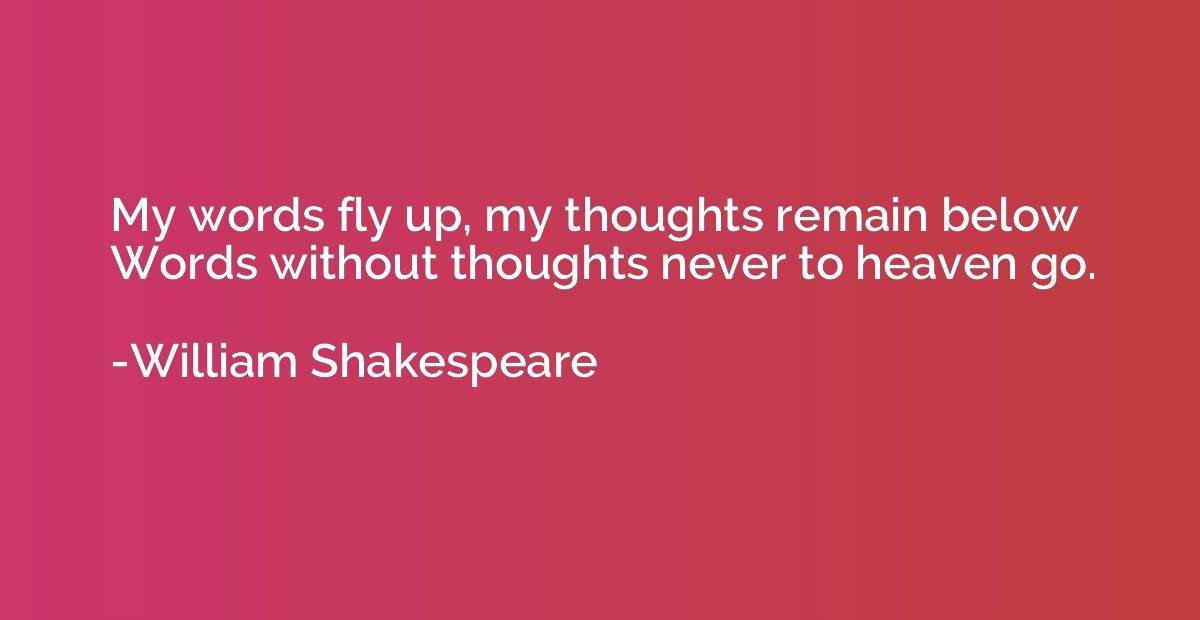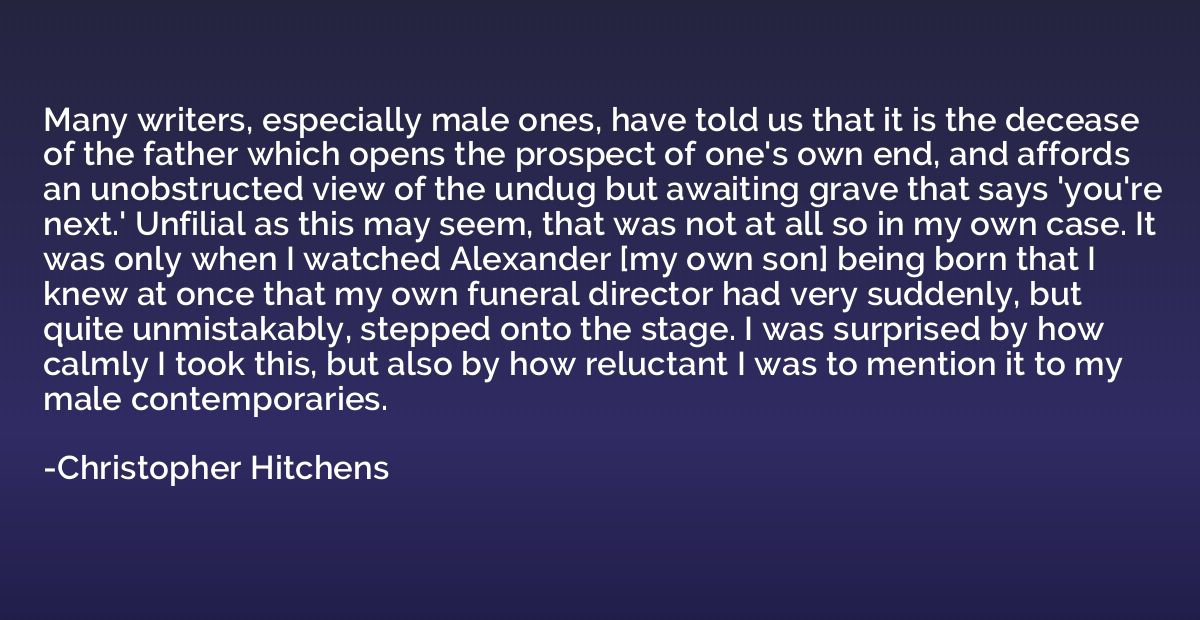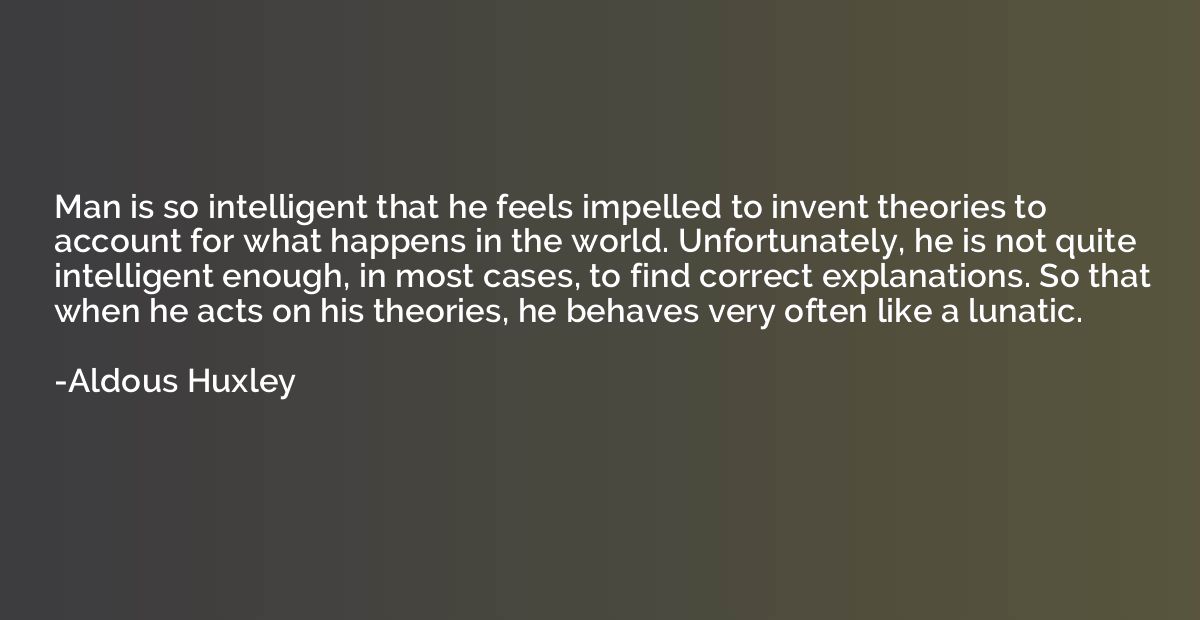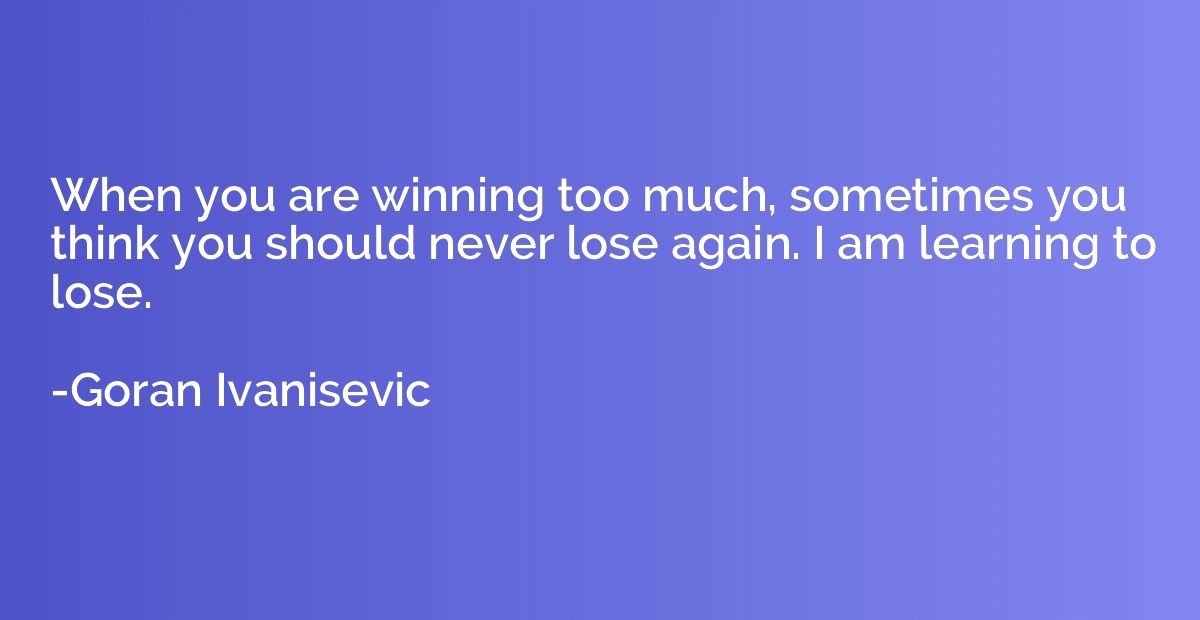Quote by George Orwell
It is unquestionably true that almost any English intellectual would feel more ashamed of standing to attention during 'God save the King' than of stealing from a poor box
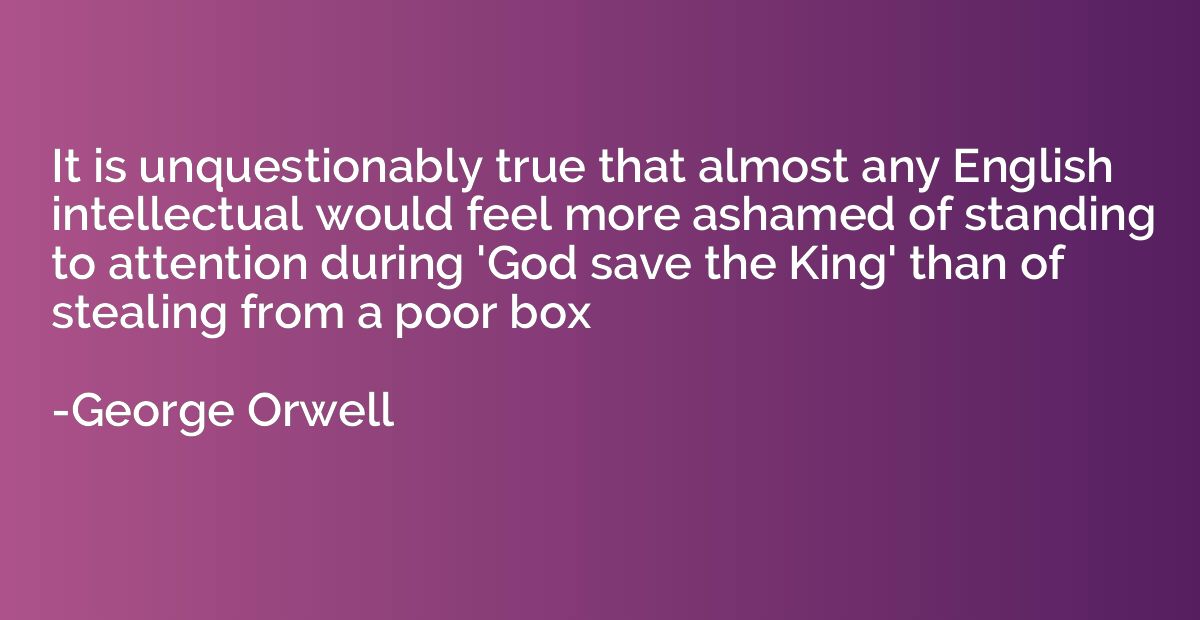
Summary
This quote suggests that the English intellectual class places more importance on personal convictions and societal values than on blind patriotism or loyalty. The act of standing to attention during the national anthem ('God save the King') is seen as a superficial display of obedience, while stealing from a poor box is viewed as a more genuine expression of personal wrongdoing. The quote implies that intellectuals prioritize integrity and authenticity over mere outward conformity.






